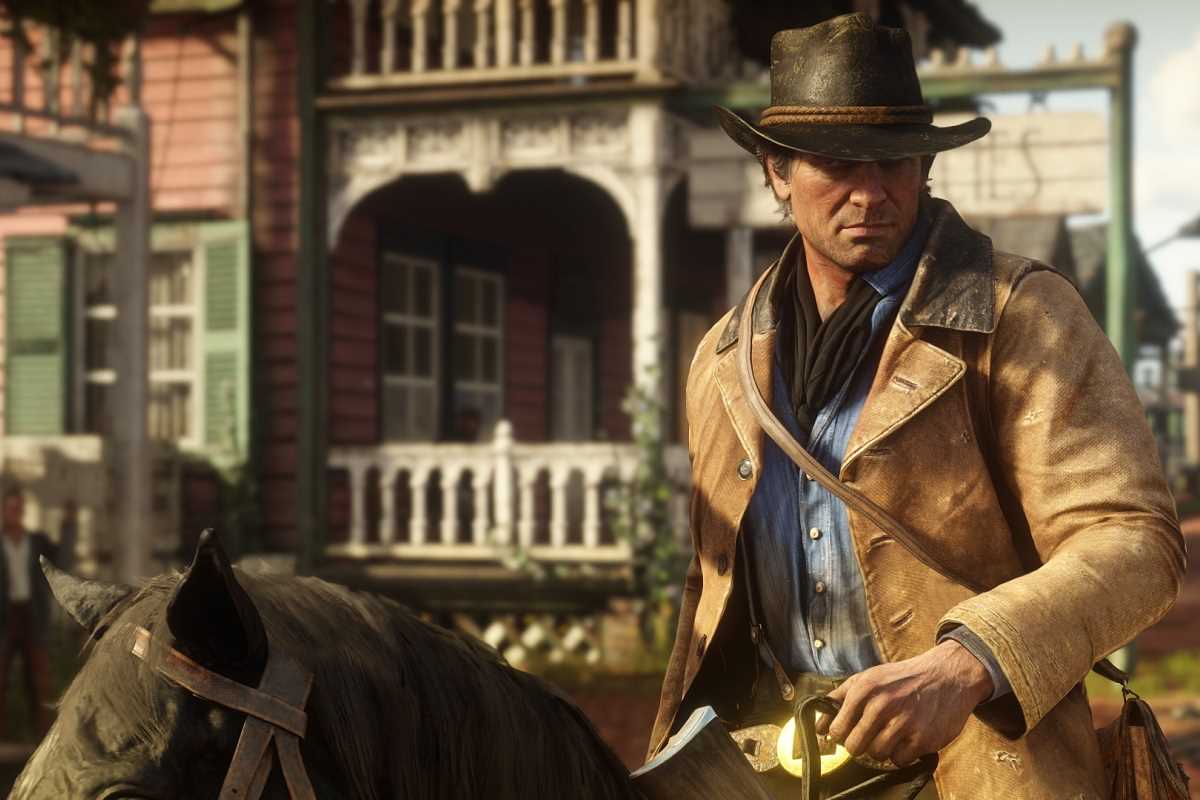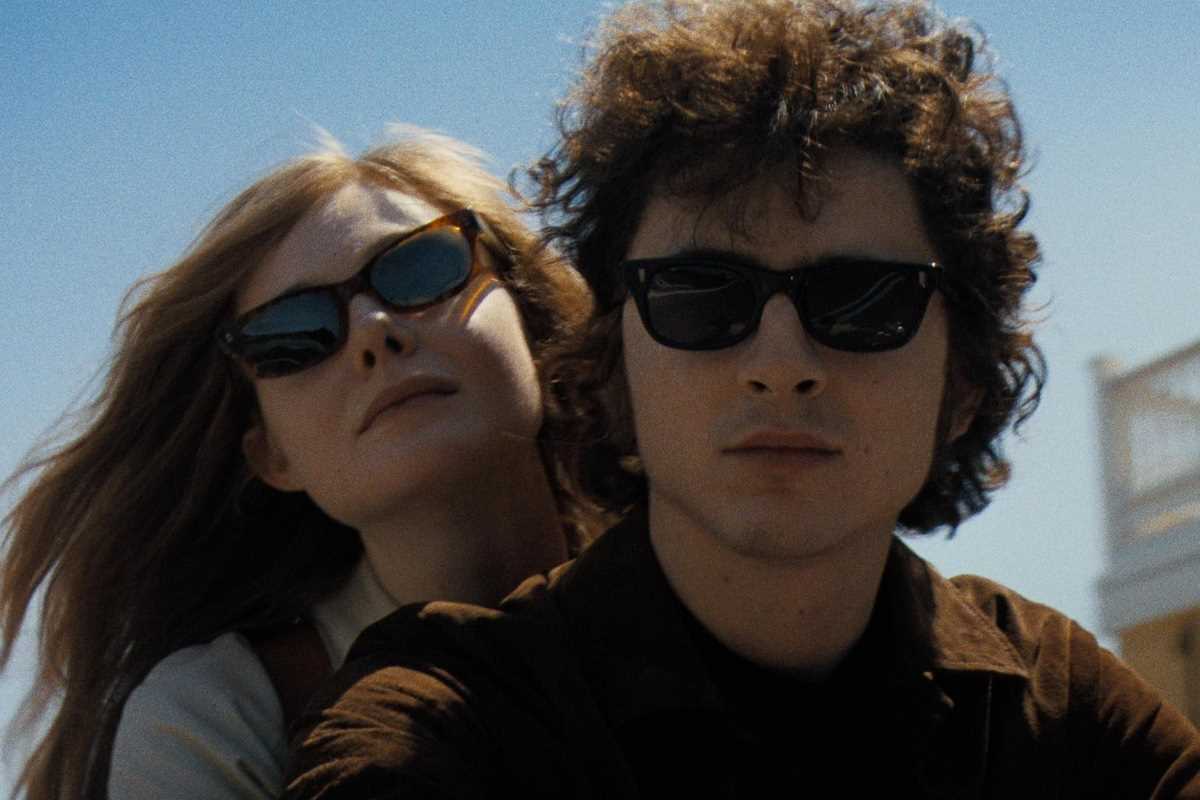Video games have come a long way from the days of simple adventures like Super Mario Bros. or arcade classics like Pac-Man. Today, video games are not just about shooting enemies or collecting tokens—they’re crafting stories so deep and emotional they could rival the biggest Hollywood blockbusters. Games are becoming more cinematic, drawing players into vast, detailed worlds filled with complex characters and breathtaking narratives. Story-driven games like Red Dead Redemption, The Last of Us, God of War, and The Witcher 3 are leading the charge, proving that video games can be just as moving as a dramatic Oscar-winning movie.
The Evolution of Video Game Storytelling
Video game storytelling wasn’t always this sophisticated. Early games focused more on action and less on plot. You might save the princess or defeat the bad guys, but the story didn’t have much depth. Over time, developers realized they could use games to deliver powerful narratives just like books or films.
Take the Final Fantasy series as an example. Starting in the 1980s, it introduced deeper plots with emotional twists that kept players hooked. Over the years, these kinds of games set the stage for modern storytelling by showing how characters, dialogue, and emotional stakes could enrich the gaming experience.
Today, advancements in technology allow developers to include lifelike graphics, voice acting, and expansive open worlds—all tools that make the storytelling even more immersive. Combine these features with complex plots, and games can now rival the emotional payoff of watching a blockbuster movie.
Why Games Feel Like Epic Films
One of the biggest reasons story-driven games stand out is their ability to make you an active participant. Unlike movies, where you just sit back and watch the action unfold, video games put you in charge. You make decisions, move through the story at your own pace, and feel the consequences of your actions.
For example, in The Last of Us, you guide Joel and Ellie, two survivors in a post-apocalyptic world. Their story is heartbreaking and emotional, filled with moments where trust and sacrifice take center stage. The game makes you care about the characters as if they’re real people, and when something tragic happens, you feel the impact deeply—more so because you’ve been right there with them.
Another factor is the cinematic presentation. Games like God of War feature sweeping camera angles, stunning visuals, and incredible music scores, much like a big-budget Hollywood film. Every scene feels carefully crafted, making the storytelling all the more impactful.
The Rise of Story-Driven Games
Several standout games have shown just how powerful storytelling in video games can be, setting new standards for the gaming industry. Here’s a look at a few of them:
Red Dead Redemption
The Red Dead Redemption series is often compared to classic Western films, but its story is in a league of its own. Set in a fading Wild West, the second game follows the story of Arthur Morgan, a flawed but loyal outlaw trying to find redemption. As Arthur, you build relationships, make moral choices, and witness the collapse of his gang. The game doesn’t just entertain—it makes you reflect on loyalty, regret, and the inevitability of change.
What makes it so remarkable is the way the storytelling feels natural. Side characters have their own stories, and dialog often feels like what you’d hear in a critically acclaimed drama. By the time the credits roll, players are left with a mix of awe and heartbreak, much like the end of an impressive film.
The Last of Us
Naughty Dog’s The Last of Us games are considered masterpieces in the gaming world. The first follows scruffy survivor Joel and teenage Ellie as they travel across a crumbling United States overrun with infected zombie-like creatures. But it’s not just a survival game—it’s a deeply touching story about love, trust, and the lengths we’ll go to protect those we care about.
A sequel, The Last of Us Part II, takes the story to even darker, more morally complex places. Every character feels human, complete with flaws and struggles, giving players an emotional rollercoaster not often seen in games—or even movies.
God of War
Santa Monica Studio’s God of War reboot shows how storytelling can evolve even in action-heavy franchises. Originally about Greek mythology and pure hack-and-slash combat, the newer God of War shifts the focus to a heartfelt father-son relationship against the backdrop of Norse mythology.
Kratos, the once vengeful warrior, becomes a father teaching his son, Atreus, how to survive. The emotional depth of their bond combined with spectacular gameplay makes this game as gripping as any Hollywood saga.
The Witcher 3
CD Projekt Red’s The Witcher 3 sets the bar high for open-world storytelling. You step into the boots of Geralt, a monster hunter, in a sprawling fantasy world filled with moral dilemmas. Every decision you make impacts the story, leading to different outcomes. From heart-wrenching character arcs to political intrigue, the game’s story feels like reading a fantasy epic come to life.
What makes it so brilliant is that even the side quests carry emotional weight, proving that no story element is too small to matter.
How Video Games Are Changing Entertainment
Games like these aren’t just fun to play—they’ve redefined the way we see video games as a form of entertainment. Once dismissed as “kid stuff,” video games now sit alongside movies and books as a respected way to tell meaningful tales.
Hollywood has even noticed. Many popular games are being adapted for the screen. For example, The Last of Us was turned into a hit HBO show, while God of War is heading to Amazon Prime as a series in development. These adaptations bring gaming stories to new audiences while showcasing their cinematic strengths.
What’s especially exciting is how games push boundaries further. With longer runtimes and interactive elements, video games go deeper than most movies can. They allow players to shape stories in ways impossible for other media.
Video games have grown into an art form that tells stories as captivating and emotionally complex as anything you’d watch in theaters. Games like Red Dead Redemption, The Last of Us, God of War, and The Witcher 3 show that gaming is no longer just about mindless fun—it’s about creating immersive worlds where players can live out epic adventures.
If Hollywood is the place for big-screen magic, video games are proving they can bring that same drama, depth, and excitement into your hands. With each innovative game, developers are showing that storytelling belongs just as much in the world of controllers as it does on the silver screen.
 (Image via
(Image via





